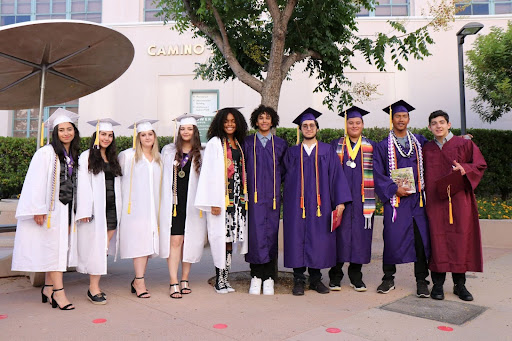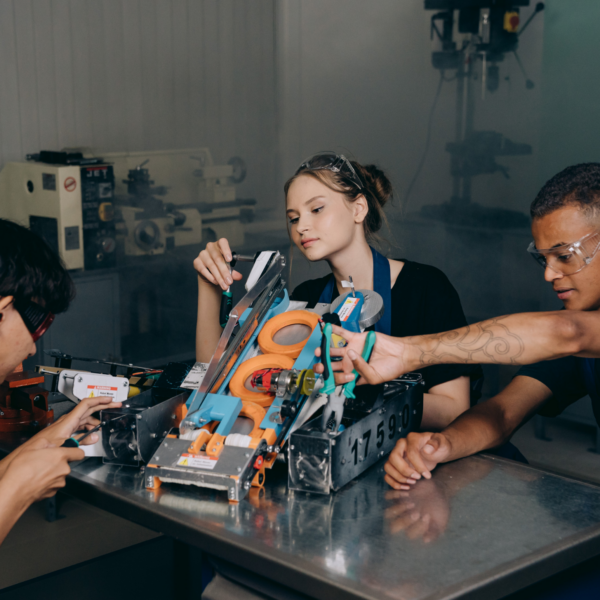The Early College Academy (ECA) at Hoover High School (HHS) was created to support a college-going culture among students and families who are disproportionately disadvantaged, and for whom college may not seem attainable. It provides students with the opportunity to earn up to two years of college credit while completing their high school diploma, saving students time and money. This innovative program began development in the Spring of 2018 by the College and Career Division Director at Glendale Unified School District (GUSD), HHS administrators and counselors, and a Glendale Community College (GCC) counselor. Generous funding from the K-12 Strong Workforce Program, Round 1 was utilized to support the development of this new program.
Students in the ECA take a combination of high school and college-level courses with a focus on completing the general education transfer requirements to a four-year university. The ECA cohort model is designed to start in the sophomore year of high school. Students are able to complete up to 44 college credits, with many taking additional units to complete their Associates degree through the after-school dual enrollment program. The ECA coursework is done on the campus of Hoover High School during the school day . The courses are scaffolded by grade level, with the 10th graders taking three college courses, the 11th graders five courses, and the 12th graders up to seven courses. Many of the college courses align with high school graduation requirements, making students in the ECA complete their high-school requirements and be college ready.

The ECA Pathway was developed collaboratively between the HHS administration, teachers and counselors, and GCC administration, professors, and counselors. The Pathway is reviewed annually to assure student success.
In collaboration with GCC and industry partners, GUSD has developed programs that address projected industry supply gaps by providing students support and access to quality workforce readiness programs. GUSD has Leveraged GCC’s existing degree and certificate programs to align with their 27 pathways.
Our first graduating class in June of 2022 saw 22 students earn Intersegmental General Education Transfer Curriculum (IGETC) certification and 5 students completed an Associate’s degree while also earning their high school diploma. In June of 2023, 18 students completed 30 plus college units, 16 students graduated with their IGETC Certificate, 1 student earned an Associate’s Degree in Social Sciences, one student received an Associate in Arts for Transfer in Philosophy, and one student is a class away from earning an Associate’s Degree in Social Sciences. Currently, there are 148 students in the ECA and the retention rate from term to term is 92.6%. This high rate shows the level of persistence which resulted in student success throughout the four years in the program. This can be attributed to the high level of support and the thoughtful design of the program created by the collaborative team specifically for the ECA.

The ECA ignited a passion for learning for many students, but there is one in particular that stood out. Marco (name changed for this story to protect his privacy) was accepted into the program during the COVID-19 pandemic. Even though distance learning presented academic and social/emotional challenges for all learners, this student worked diligently through his high school and college studies. Suddenly, during the first semester, a family tragedy struck. However, his commitment to the program grew. With a support team in place, he carried on through the semester. When reflecting on the first semester, he pointed out that his college history professor was an inspiration for him to move forward despite the difficulties he was enduring as he found this class to be a stimulating learning experience. It was an experience that propelled his learning across all content areas for the duration of his sophomore and junior years.
Senior year arrived and his enthusiasm for learning persisted. With a full load of college courses underway, the student was excited to build a community with his peers in the program as well. The exciting news of his acceptance into the University of California, Northridge, was tempered by an academic setback when he did not do well in one of his classes. With the intervention of the program’s advisors and his community of peers, he realized the importance of advocating for himself. He fought vigorously to excel in the rest of his classes and was able to walk across the stage for graduation and move on to tackle his larger life goals.
Stories such as Marco’s have been possible thanks to the structures and systems put in place by the ECA, Strong Workforce Program funding, and collaboration from various partners. Keeping students engaged in their learning through peer and mentor supports, along with engaging and relevant coursework, is propelling the next generation forward with academic success.



